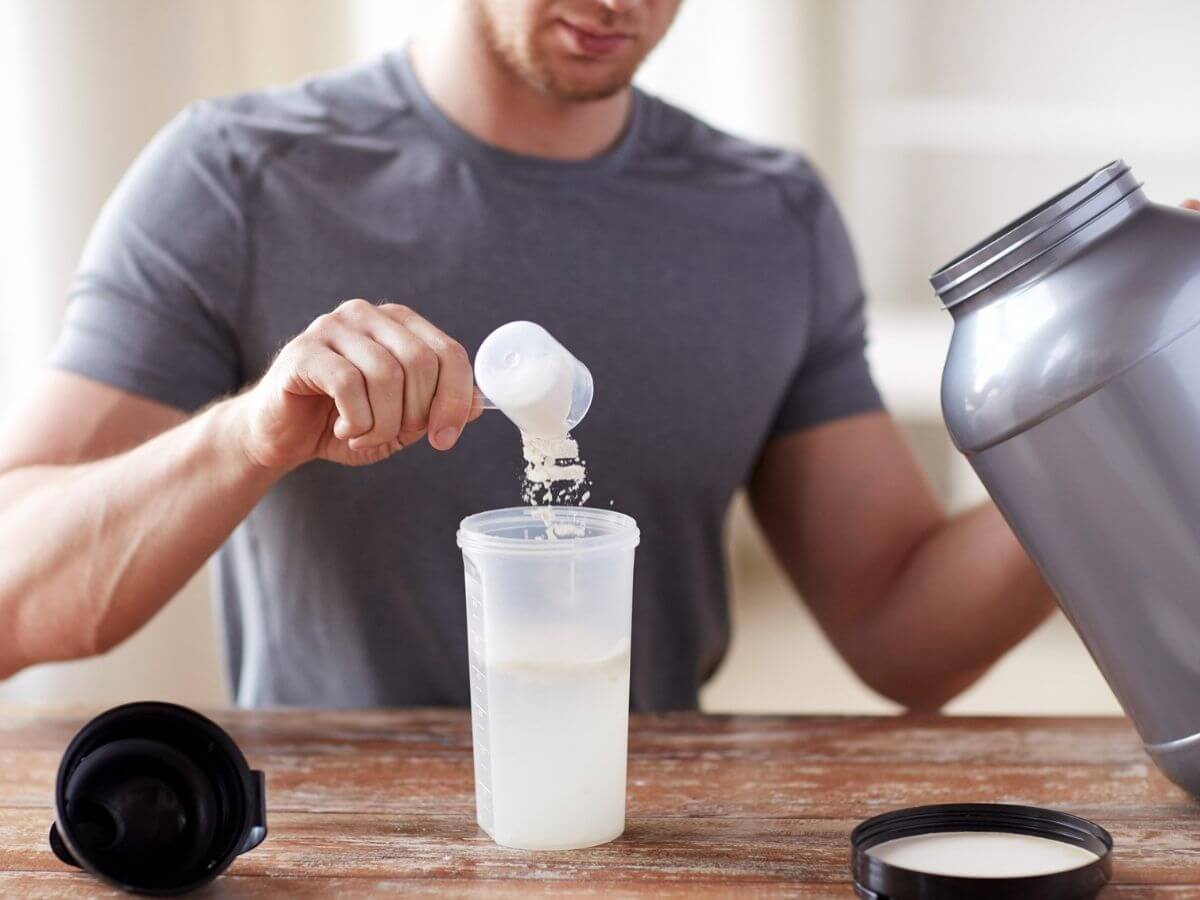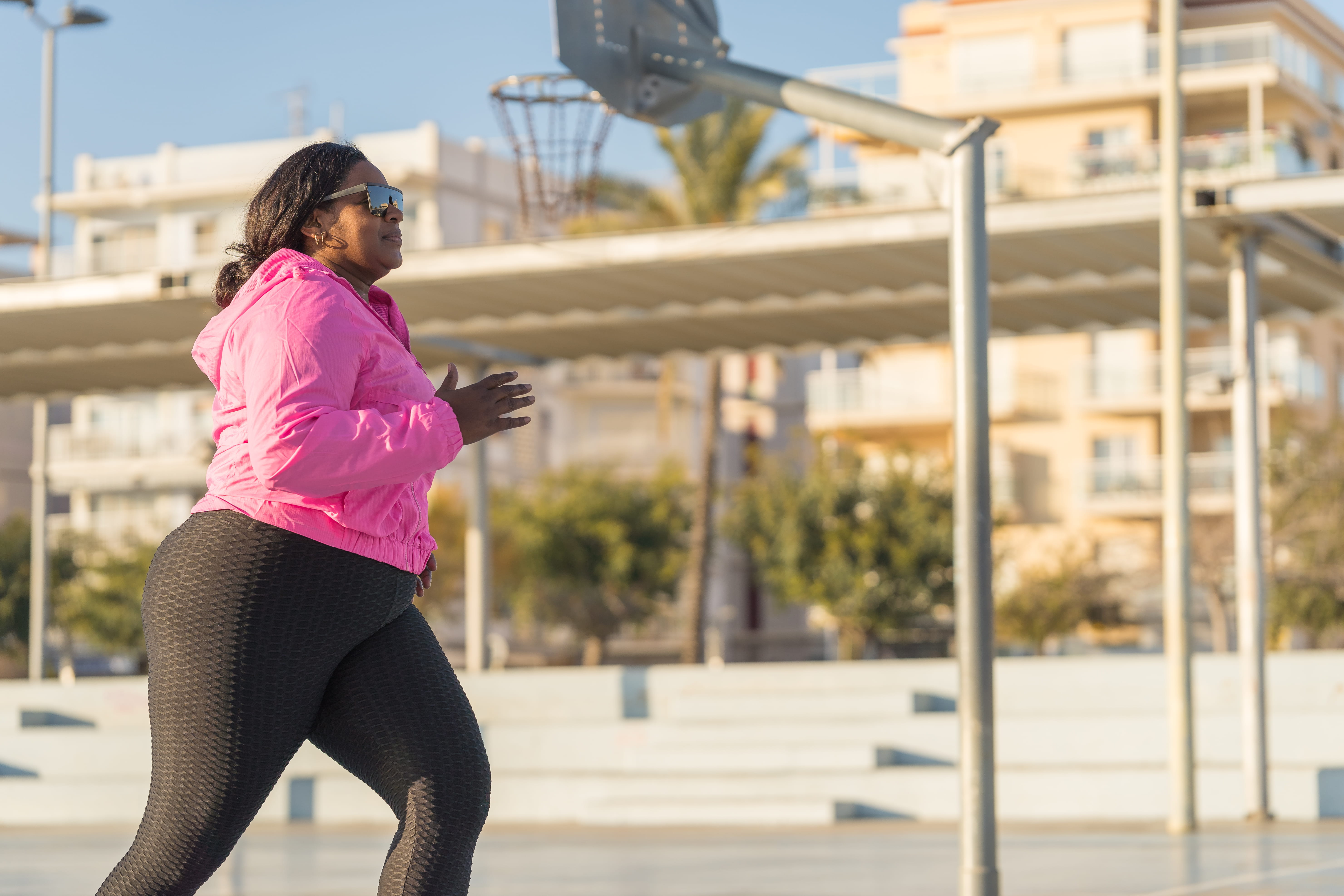Is Gastric Sleeve Surgery Right for You?
.jpg?rev=10c0cc635a47402b93c208c52962ff41)
Individuals with obesity may experience health issues like joint pain, sleep apnea, or difficulty exercising. If you have struggled to achieve and maintain a healthy weight, robotic-assisted gastric sleeve surgery may help you reach your goals and enjoy better health and improved quality of life.
However, the procedure should be combined with a healthy diet and increased physical activity as part of a comprehensive weight management plan. The Bariatric Weight Loss Center will both prepare you for surgery and this lifestyle change, and support you after surgery to ensure your journey is a success.
A robotic-assisted gastric sleeve procedure involves the skill of a specially trained surgeon aided by technology from da Vinci Systems that enables precise movements in this minimally invasive bariatric surgery.
How Gastric Sleeve Procedures Work
During robotic sleeve gastrectomy, surgeons use tiny tools controlled by a robot to remove most of your stomach, leaving a smaller, sleeve-shaped pouch. This limits food intake, promoting weight loss through a reduced sense of hunger. Robotic-assisted surgery has many benefits, including lower infection risk, less blood loss and pain, faster recovery, and others.
Foods Not Advised After Gastric Sleeve Surgery
In gastric sleeve surgery, the surgeon removes the upper part of the stomach (the fundus) and reshapes the rest of the stomach into a tube or “sleeve” shape. This limits how much food you can eat before you feel full. It also reduces hunger because the fundus produces a hormone (ghrelin) that increases your appetite.
Robotic-assisted gastric sleeve surgery can be very effective and helpful for improved weight management. During the 4 weeks after surgery, patients are on a liquid diet for 2 weeks and then on soft foods for 2 weeks. After that, patients will be able to eat most foods but may occasionally have difficulty with very tough foods like meat or bread, or really crunchy or chewy foods.
Your doctor will explain dietary restrictions specific to your surgery, including eating smaller portions. However, the list above gives you an idea of how your diet will change after surgery. But remember that there are many foods you can still enjoy after robotic-assisted gastric sleeve surgery!
Talk with Your Baptist Health Doctor About Robotic-Assisted Gastric Sleeve Surgery
A robotic-assisted gastric sleeve procedure can be an excellent first step toward a healthier lifestyle. If you have difficulty managing your weight, talk with your doctor. They can help determine if this minimally invasive surgery suits you.
If you don’t have a Baptist Health physician, you can find one near you in our online provider directory.

.jpg?rev=61ee562da10a4229a5ee71c468722ba7)

